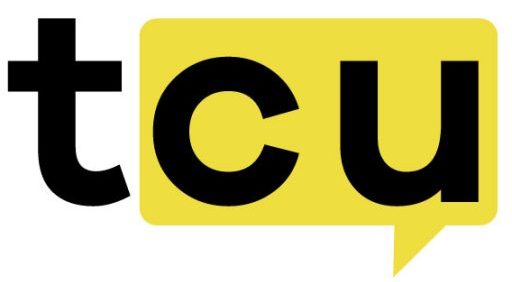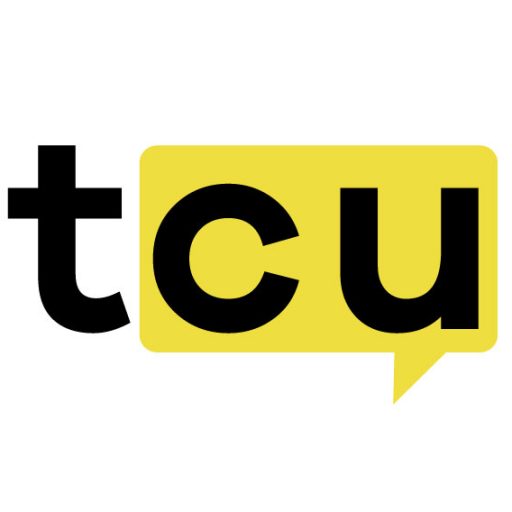The Ethereum Foundation is putting up a significant sum to back academic research, and it’s hoping others will join in. The organization has pledged to match up to $500,000 in donations each year for a new research hub at Columbia University.
This isn’t just a simple grant. The matching model is interesting. It seems designed to encourage other donors—maybe alumni or companies—to contribute, effectively doubling their impact. The focus will be squarely on blockchain protocol design, which is pretty fundamental stuff. It’s the kind of work that deals with the core mechanics of how these networks operate, rather than flashy applications.
A New Academic Hub for Blockchain
The new center will be called the Columbia-Ethereum Research Center on Blockchain Protocol Design. It’s being set up as an interdisciplinary effort, which probably means pulling in people from computer science, economics, and maybe even law departments. That kind of mix is often where the most useful research happens.
Placing it at a place like Columbia makes a lot of sense. It’s a major university with a strong reputation, and it’s situated in a global financial hub. This partnership firmly establishes another elite academic institution as a serious player in Ethereum’s development ecosystem.
Building on a History of Grants
This move isn’t entirely out of the blue for the Ethereum Foundation. They’ve been actively funding research for years. In recent quarters alone, they’ve allocated over $30 million in grants. That money has supported all sorts of things, from protocol design and security to other underlying technologies.
They also have a track record with universities. Not long ago, they provided a grant to Brown University for research into cross-chain transactions. So this Columbia partnership feels like a continuation of a strategy to embed their work within academia. It’s a way to foster deep, long-term research that might not happen inside a typical corporate environment.
The hope, I suppose, is that this academic work will lead to tangible improvements in blockchain infrastructure. It’s a long game. Research can be slow and doesn’t always pan out. But backing smart people at a great university seems like a pretty solid bet. It’ll be worth watching what kind of projects this new center takes on and who else decides to contribute to the fund.
![]()


